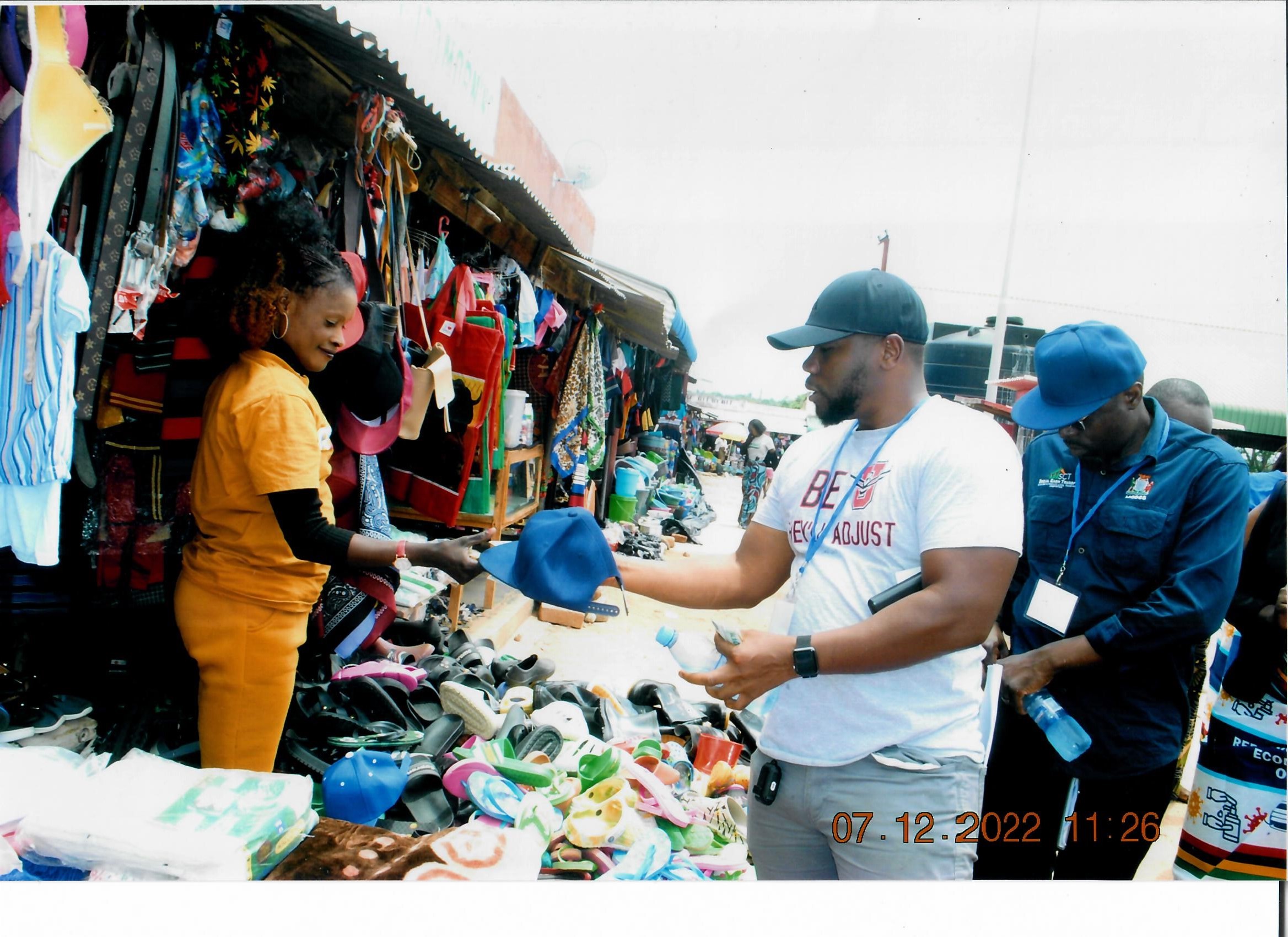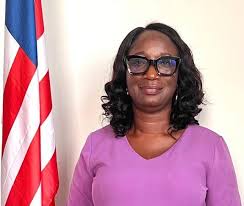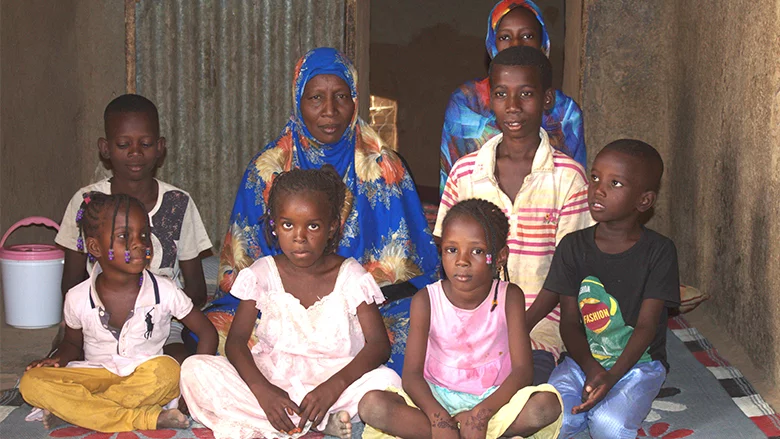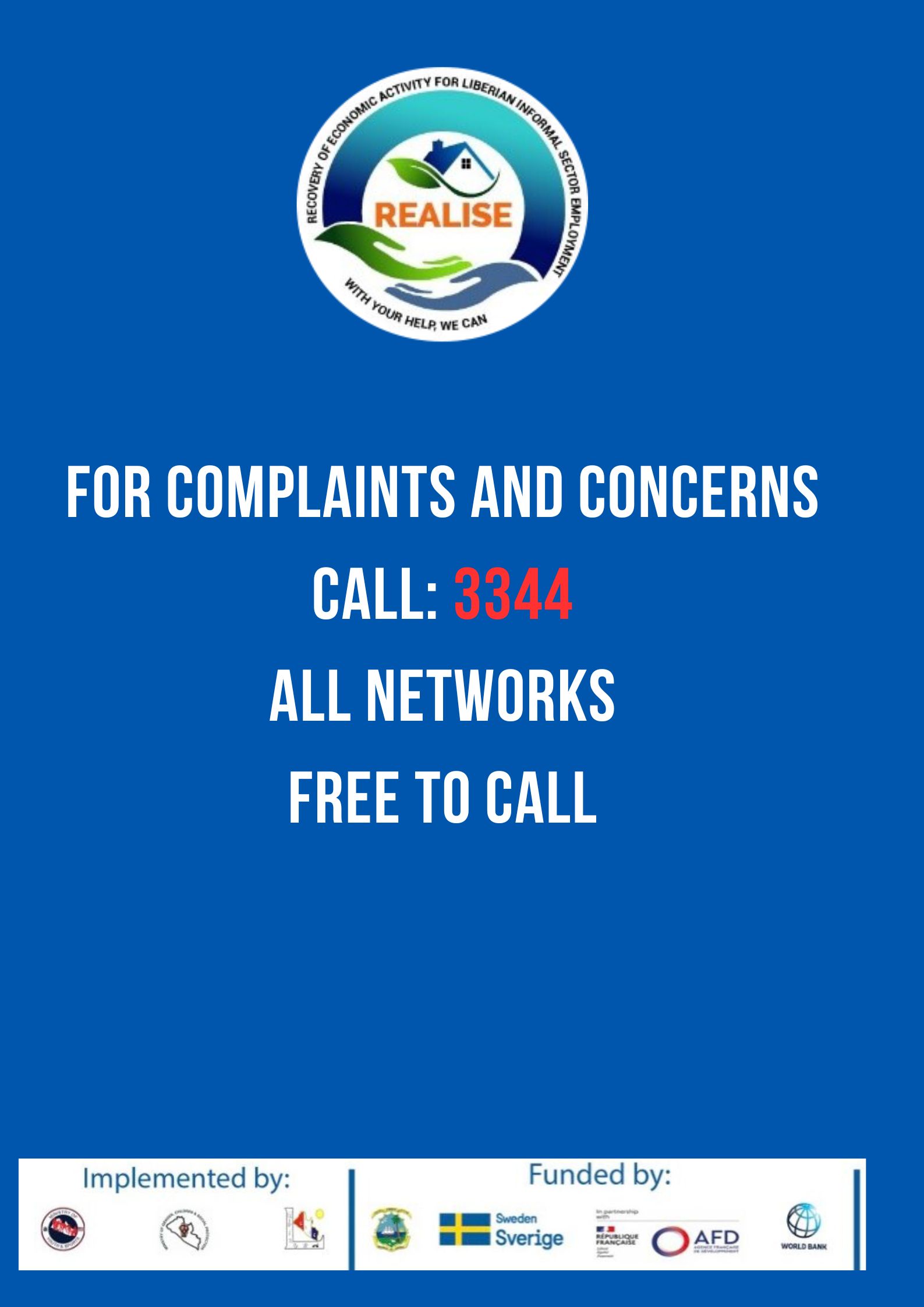Women and girls are at heightened risk from climate change and weather-related shocks due to pre-existing gender inequalities.
Socio-cultural and gender norms also mean that women have fewer options and more limited decision-making on how to mitigate these risks. Women’s livelihoods are typically more dependent on natural resources and agriculture, making them particularly vulnerable to the impacts of climate change.
Climate change increases women and girls’ care responsibilities, while the risk of gender-based violence may become more acute following climate-related disasters.
Further, women often lack access to new technologies and climate-smart farming practices and are rarely represented in policy discussions and decision-making processes around climate.
Climate change is also a key driver of humanitarian crises, forced displacement and migration – the effects of which are felt disproportionately by women and girls.
All these risks are exacerbated for women and girls facing intersecting discrimination because of disability, LGBT+ status, race or ethnicity.
This story was originally published on Social Protection.org.





